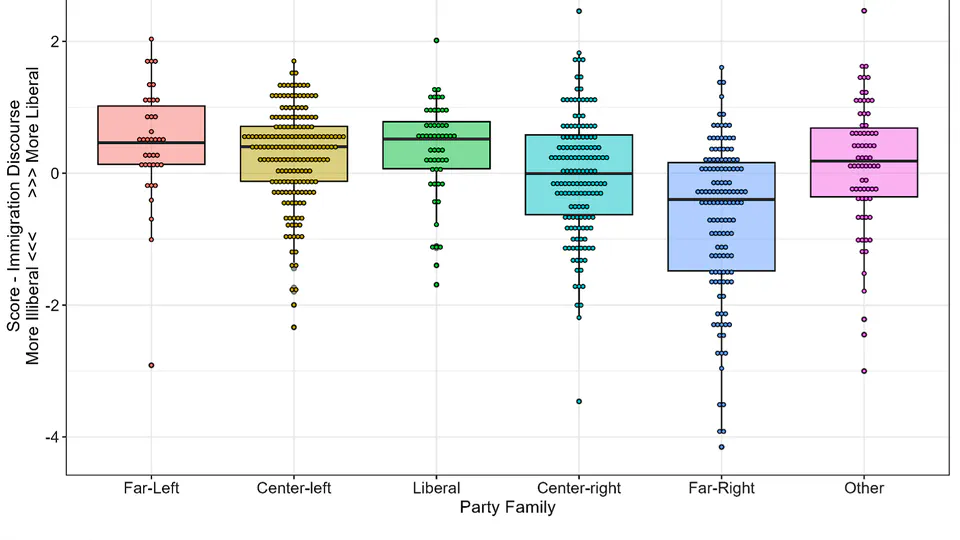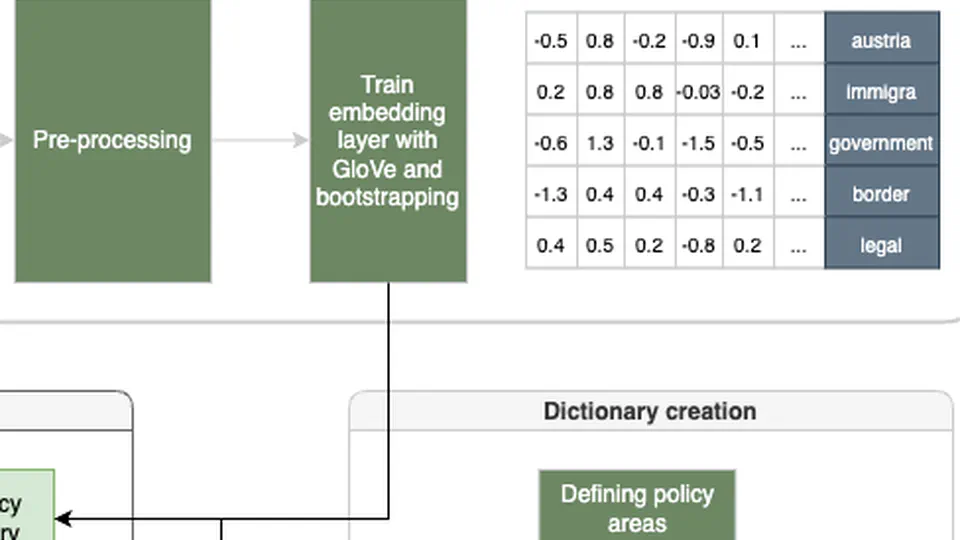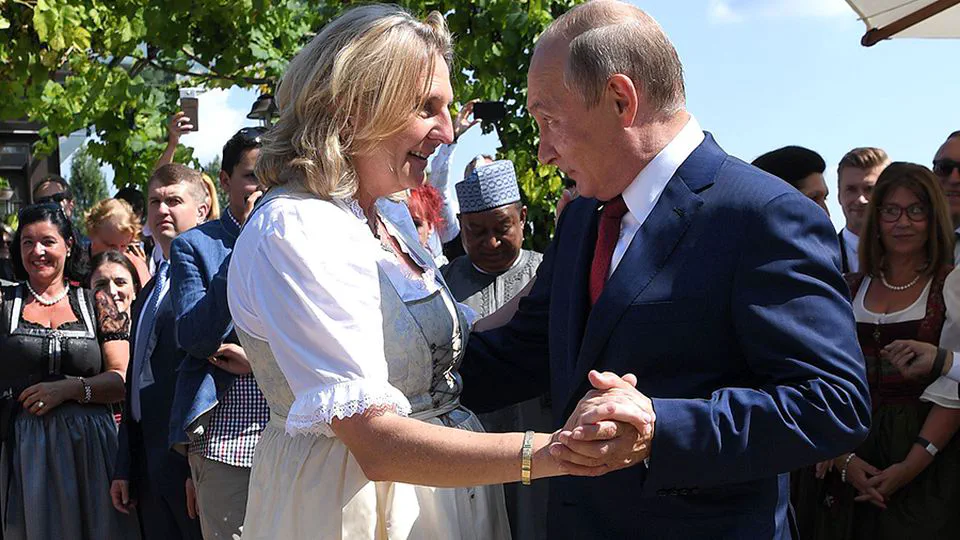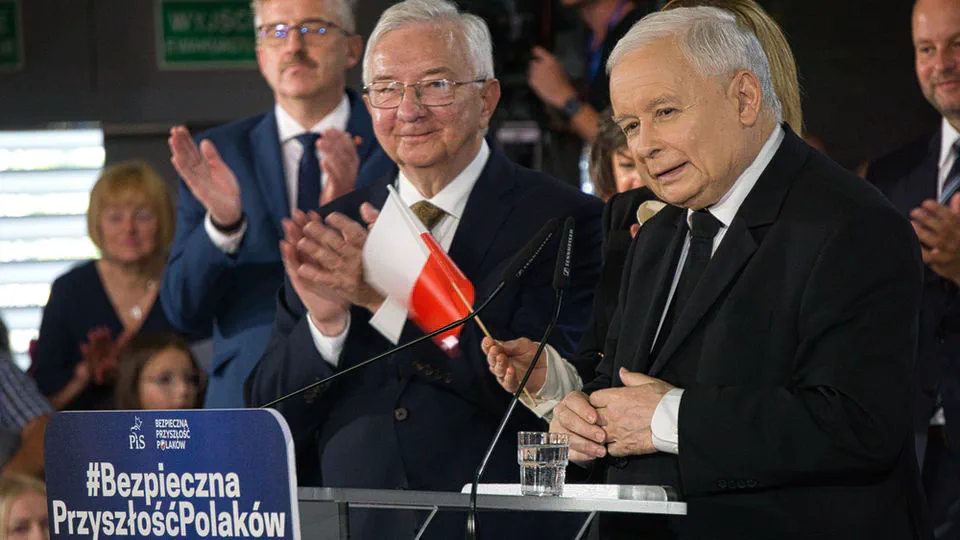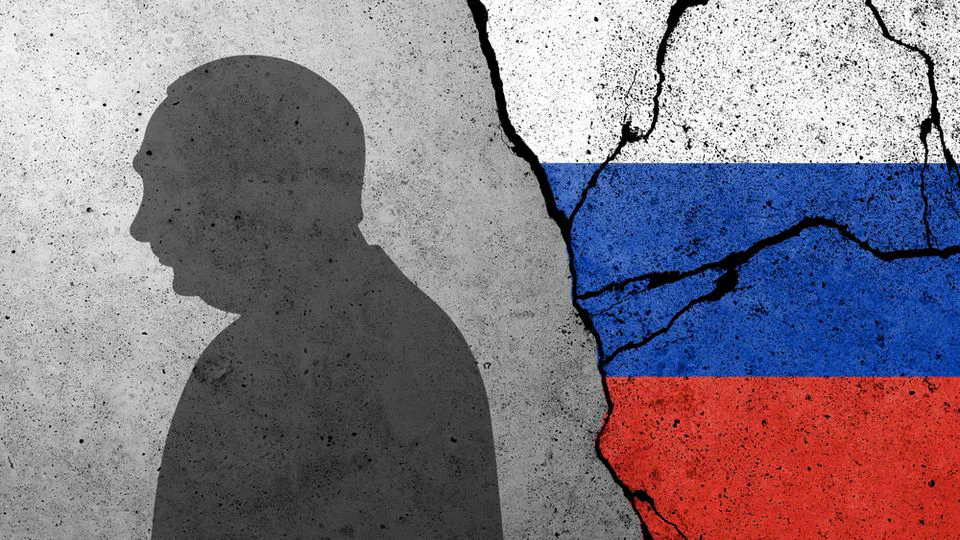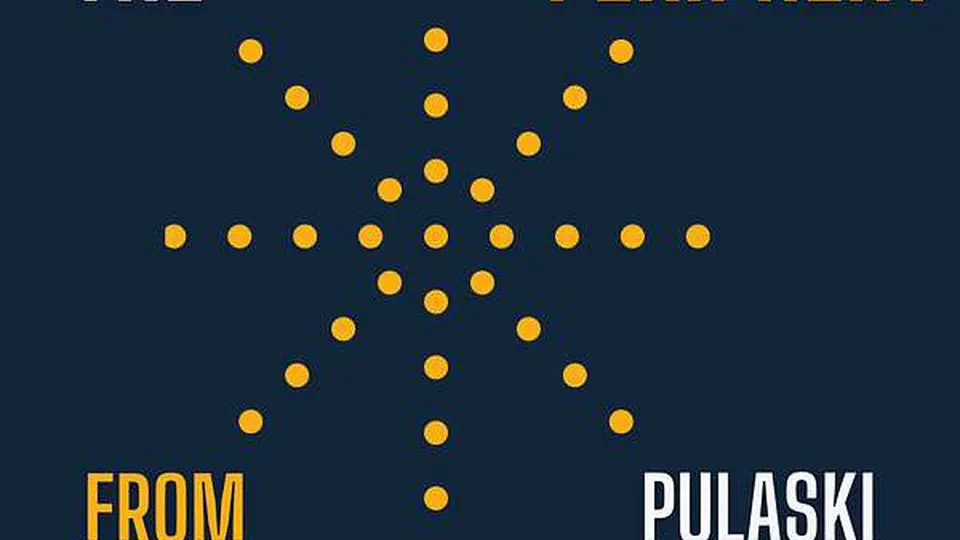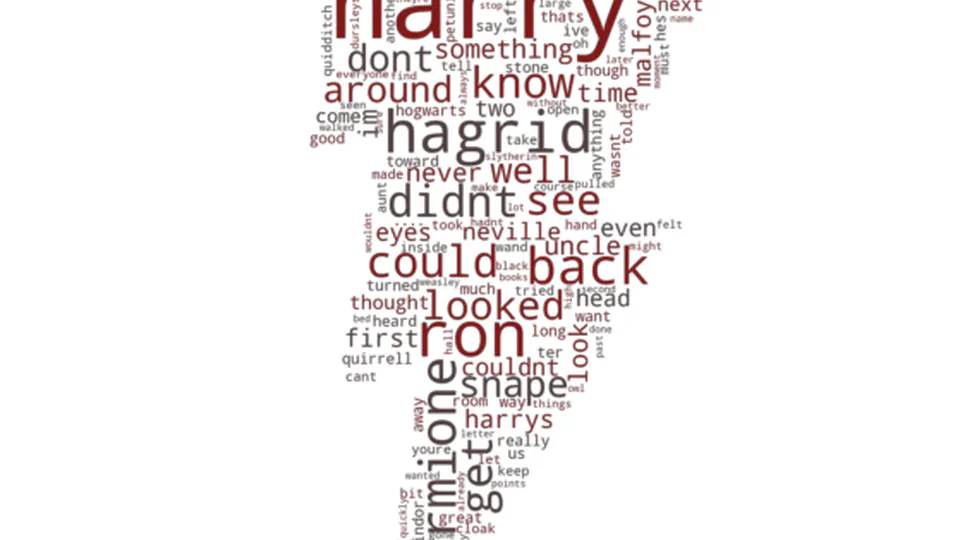- Computational social sciences
- Natural language processing
- Political communication
- Social media
- AI (&) governance
PhD Political Science
Central European University, Vienna, Austria
Visiting Doctoral Researcher
Vrije Universiteit Amsterdam, Netherlands
Visiting Doctoral Researcher
Universidad Diego Portales, Santiago, Chile
Summer Institute in Computational Social Science
WZB Berlin Social Science Center, Germany
Research MA in Political Science
Sciences Po Paris, France
BA Political Science
University of Mannheim, Germany
I am a postdoctoral researcher at the Chilean Center for Artificial Intelligence (CENIA). I work on the intersection of political communication on social media, far-right politics, and AI (&) governance .
I apply a range of qualitative and quantitative methods, with particular focus on computational social science and natural language processing.
Please reach out to collaborate 😃
